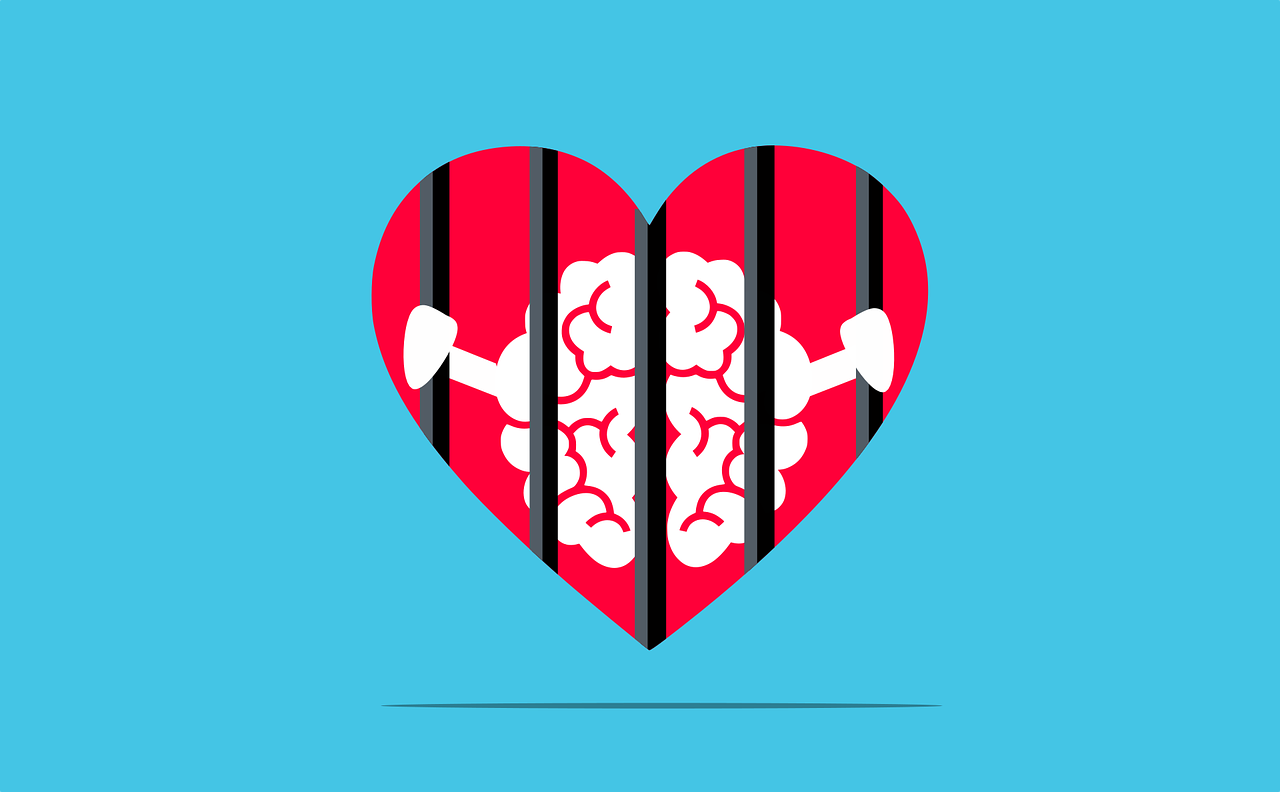I’ve written blog posts about all kinds of problems such as depression, post-traumatic stress disorder, anxiety and obsessive compulsive disorder. What all these problems have in common is ‘Thinking Traps’. These are habitual negative ways of thinking about ourselves, others or the world which are unrealistic and lead us into a spiral of anxiety and low mood.
Allow me to let you into a little secret … everyone falls victim to these thinking traps! They are simply part of the way our brains work.
The first step in freeing yourself from these thinking traps is to become aware of them, then take a deep breath and ask yourself some questions to try to see the situation differently.
Five common thinking traps …
Mental Filtering
This is when we only pay attention to certain types of information because other information is filtered out. Unfortunately we seem to be very good at paying attention to information which confirms our worst fears rather than that which disproves it. It’s a bit like seeing the world through gloomy specs instead of rose tinted glasses.
An example of this might be getting 80% on an exam and saying ‘I was right I am stupid because I didn’t get 100%’. Here the person is filtering out the 80% and instead focusing on the 20%.
If you find yourself falling into this trap try asking yourself what you are focusing on, is there more positive information which you might be filtering out? What would be a more realistic way to view things?
Mind Reading
We often assume that we know what others are thinking of us and it’s never good!
We might tell ourselves ‘My boss thinks I’m useless at my job’ or ‘My friends think I’m boring because I don’t see them much now days’.
Instead remind yourself that those are your thoughts, not theirs and you can’t ever really know what others are thinking. What you can do though is focus on the facts, how is the person behaving towards you? What have they said? Might there be a more balanced way of looking at this?
Catastrophising
This is when we imagine and belief the worst possible thing will happen. We’re faced with a situation and all of a sudden we fast-forward to the worst case scenario.
An example of this might be hearing a knocking noise as we’re driving and then thinking ‘The care will get written off, I won’t be able to afford a new one and I’ll end up loosing my job because I can’t get there’.
With this thinking trap it’s really important to slow down and ask yourself what’s actually happening right now? What do you have control over? What’s more likely to happen?
Compare and Despair
We are our own worst critics and have a tendency to see the good in others and compare ourselves negatively to them.
This is a really common thinking trap which we can fall into when using social media. We may see posts of a friends holiday photos and think ‘they look so pretty and have such an exciting life, I’m so boring and ugly next to them’.
Instead try to focus on your own positive aspects and remember that life isn’t a competition.
Critical Self
We can be so hard on ourselves, putting ourselves down, blaming ourselves for things which aren’t totally our responsibility and generally being critical.
Instead ask yourself, would I speak to a friend like this? Would most people who really know me say that about me?
If you’d like to explore your thinking traps further then a course of Cognitive Behavioural Therapy could be helpful. Please get in touch with me for further details by calling 07926 485 362 or emailing hello@forresttalkingtherapies.co.uk.

